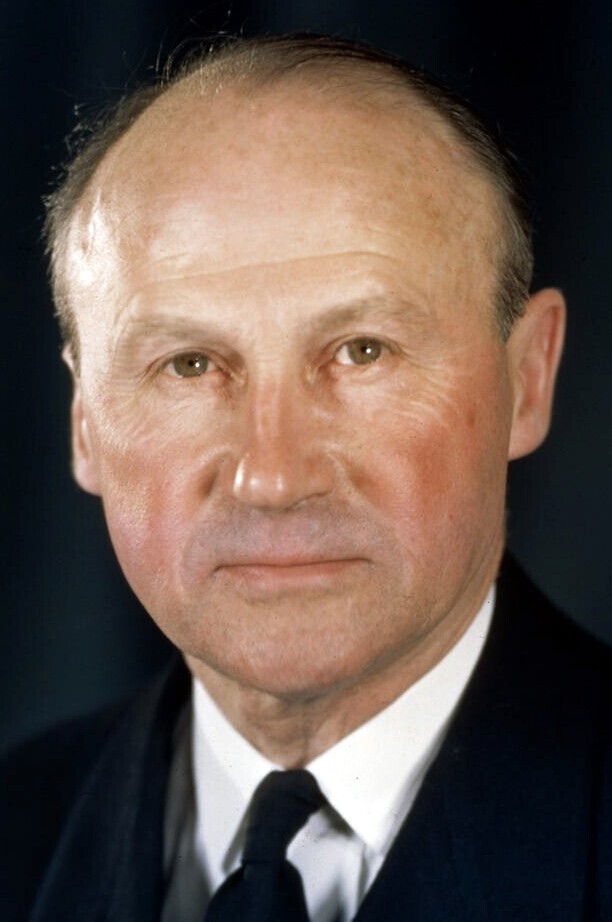
Stimson, Knox hit vote bill for soldiers
Recommendations to set up uniform state laws are outlined
By Thomas L. Stokes, Scripps-Howard staff writer
Washington –
Secretaries Stimson and Knox have dealt a heavy blow to the soldier-voting legislation recently passed by the Senate, and now pending in the House, which would turn the problem over to the states with their complicated absentee-voting laws.
A joint statement by the two Cabinet officers to the Council of State Governments said:
The services are unable effectively to administer diverse procedures of 48 states as to 11 million servicemen all over the world in primary, special and general elections.
While the statement emphasized that “the War and Navy Departments do not advocate or oppose any particular voting legislation,” it is expected to give impetus to compromise measures to be considered when Congress resumes next week.
Compromises outlined
The compromises, sponsored by Senator Lucas (D-IL) and Rep. Worley (D-TX) would set up a federal commission to supervise distribution and collection by the Army and Navy of a simple ballot for President, Vice President and members of Congress. The ballots would be turned over to the states for counting under their laws.
Secretaries Stimson and Knox submitted their statement in reply to an inquiry by Frank Bane, executive director of the Council of State Governments.
The statement explained that it is Army and Navy policy “to assist and encourage servicemen to vote, so far as practicable and compatible with military operations.” It said that service voting is subject to factors beyond control – weather, war and plane space – and that no assurance could be given that enactment or elimination of any legislative provision “will result in the casting of more votes by servicemen.”
Recommendation made
It ruled out, as impracticable of administration by the services, numerous requirements of state laws as to furnishing names and addresses of servicemen, a specific day or period for voting, and the like.
For uniform legislation, the Cabinet officers recommended that state secretaries of state be authorized to transmit to appropriate election officials the form prepared and distributed by the War and Navy Departments as an application for a state absence ballot and for wartime registration as a voter – when executed by the absentee serviceman – and that election officials be authorized to receive these at any time before election.
They recommended that, for servicemen within the United States, at least 30 days be permitted before election in which to send out absentee ballots and, for those outside the United States, at least 45 days and perhaps longer.
They also specified a limit of eight-tenths of an ounce for total weight of covering envelope, enclosed outer envelope, inner envelope, ballot and voting instructions, and outer dimensions of the covering envelope at 4⅛ by 9½ inches, No. 10 size. The outer envelope would be clearly marked “official ballot.”
Right to vote is preferred to Varga girl
Algiers, Algeria (UP) – (Jan. 4)
A poll of servicemen and women by the Army newspaper, Stars and Stripes, showed today that in a choice between the thinly-clad Varga girls which brought the wrath of the Post Office Department down on Esquire Magazine and the right to vote, the boys and girls in uniform prefer the latter.
The poll was taken following a recent observation by Rep. Ranulf Compton (R-CT), that servicemen were more concerned over the fate of the Varga girls than their right to vote. Mr. Compton’s lone supporter, reported the Stars and Stripes, was Seaman Moses Ellen Detroit, who said:
I’d rather have a Varga girl than a vote.
WAC Pvt. Marguerite Burney of Salem, Oregon, said that all the WACs with whom she had discussed Postmaster General Frank C. Walker’s ban on Esquire were against it:
…because the Varga girl is not really vulgar in this day and age, and it seems like an infringement of the freedom of the press.
Pvt. Burney said:
But we over here, the men who are fighting and the women who are helping, should have the right to choose our leaders. This Congressman made no sensible comparison at all.

